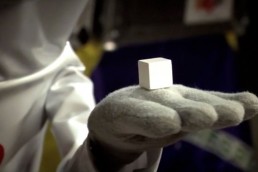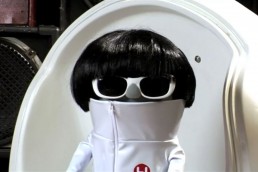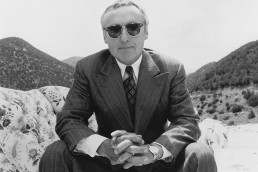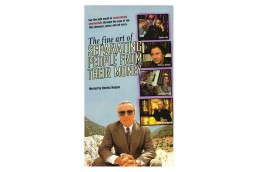Fur TV - Very rude adult puppets meet DJ YoYo
FUR TV ‘ENTER THE DJ’
Fur TV is a comedy puppet show produced by MTV Networks Europe and airs on MTV channels throughout Europe. The show uses Muppets style puppetry, but in a more adult setting. The characters are shown to undertake human activities such as drinking and having sex.
‘Wow, all the music from your set…?’
– Lapeño Enriquez –
‘No, all the music in the world.’
-DJ YoYo-
Watch this clip from Vimeo
‘This contains all the music in the world’

Happyish - Starring Steve Coogan
About Happyish (from IMDB)
It is “different” and does not belong to mainstream and regular type of shows that one may watch. It is not a kind of show that is talked about around water coolers and it is not to everybody’s taste. It is not a kind of show that one watches for sheer purpose of entertainment. Not a kind of show that soothes you, either. It is more like a mirror that reflects how we could get lost in banality of life. It is thought provoking, witty, and intelligent. It is truthful, wry, honest, and cerebral. One of the best shows (sadly underrated and overlooked) in the so called “golden age of television”, that tries to touch the vexed question of “happiness” in modern world and address the “tragic sense of life” in a roundabout way and blended with humor.
Best quote:
‘It’s only tragedy when you don’t see the comedy.’
Hear writer Shalom Auslander talk about an episode in this clip.
The Fine Art of Separating People from Their Money
The film is hosted by Hollywood star Dennis Hopper and is directed by Hermann Vaske. Shot in the Atlas Mountains of Morocco, Hopper delivers a powerful performance. Arty as you’ve never seen him before, he puts advertising into perspective of popular culture at the end of the 20th century. Spitting colour, laughing his head off, destroying books, Dennis Hopper sends Hermann Vaske on a mission to talk to the greatest ad men, directors and artists to find out about the crossover between various creative disciplines. In a visually dazzling, wickedly funny slam of creativity and media obsession, Hermann conducts unconventional kinds of interviews
Epilogue
Interesting to see that part 4, which is about using shock as a paradigm and which you should surely skip if you detest shocking imagery, hasn’t survived the test of time. Pulp Fiction by Quintin Tarantino, quoted in this part of the film when it was just released, has.




